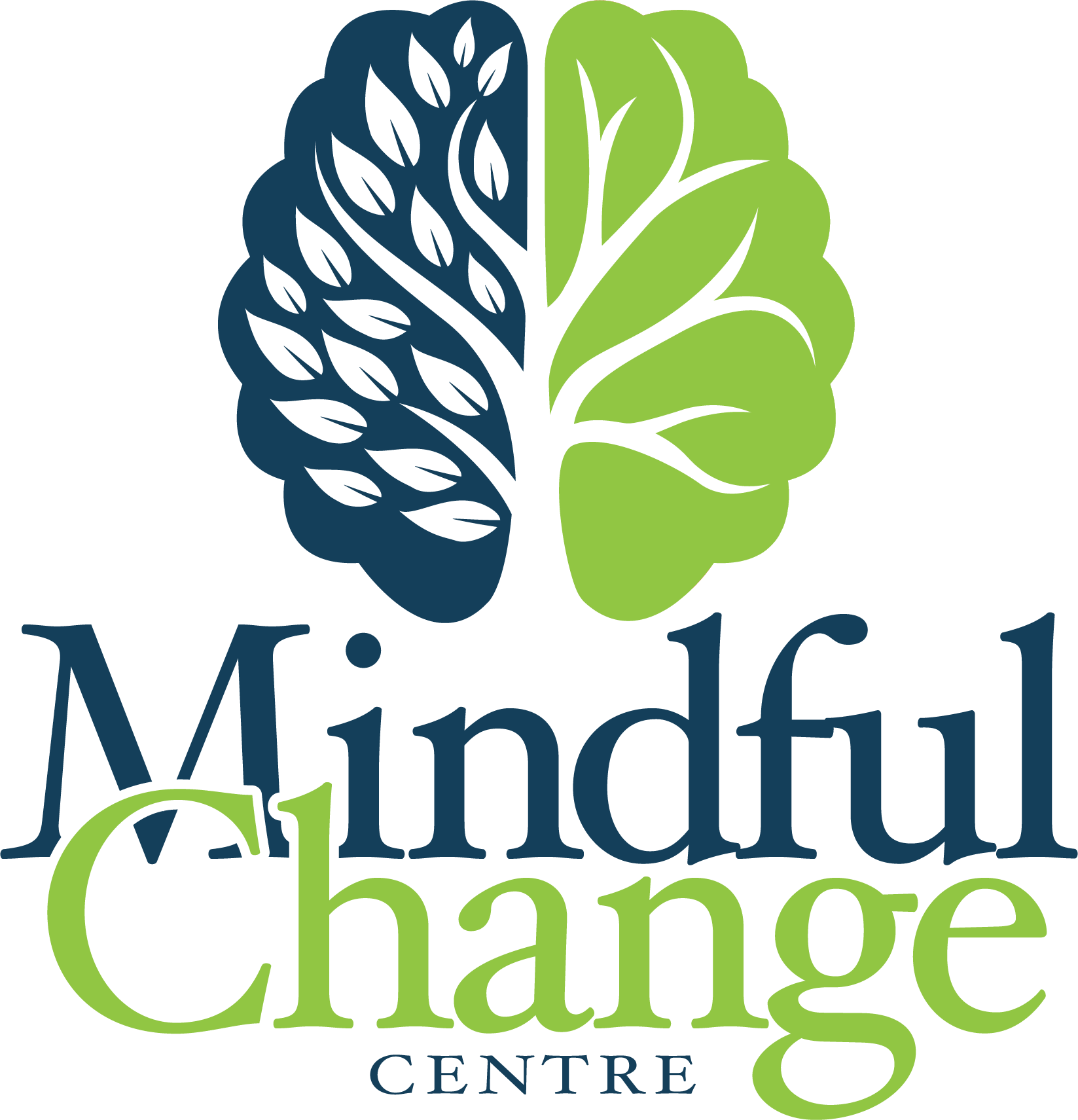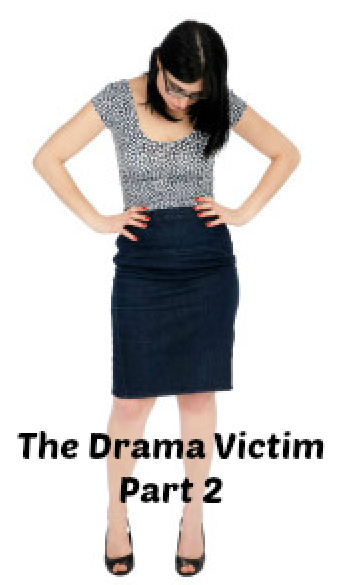We’ve been talking about drama and giving tips to help you stop and avoid it. You can see the rest of the series The Drama Sutra and The Drama Victim Part 1.
Type 2: The Person Who Is Bored Without the Stimulation of Drama
The mental program for this type of drama often forms in people who grow up in a high-stress environment or with a significantly dysfunctional family.
Sometimes the drama was obvious, but other times, it might have felt more like an adventure.
- Do you constantly seek new and stimulating situations?
- Do you prefer to meet new people instead of deepening current relationships with old friends?
- Did your family alternate between times of nearly constant arguments and extensive travel in exotic or remote locations?
- If your friends aren’t active in your life, do you think of ways you can draw them to you instead of just picking up the phone and saying hi?
All of those things are indicators that you like drama because you feel bored without the stimulation it brings.
Freeing Yourself from Type 2 Drama
The next time you feel the desire to create a stimulating situation, stop and ask yourself what would happen if you didn’t. And then, genuinely consider the answer.
If you’re creating the drama because it’s a habit and you aren’t sure what to do without it, consciously choose not to add drama and find out what happens.
Think about who you’ll be, what you’ll talk about, and what you’ll do instead of creating drama. Practice living that way for a while, and see what the outcome is like. It’ll feel strange at first because drama is familiar and living without it isn’t. But with practice, you might notice the following:
- In your relationships, you might find that the opportunity for a deeper and more meaningful connection occurs.
- At work, you might be done faster with projects.
- At home, you might discover the opportunity to learn more about yourself and develop productive or relaxing hobbies.
A Darker Cause
If the drama program you’re running formed because moments without something happening meant that a violent or harmful person in your life might see it as an opportunity to hurt you, remind yourself that you’re an adult now. If someone hurts you, you can get help in a way that you couldn’t as a child.
You didn’t deserve mistreatment or abuse as a child, and you don’t have to keep yourself and everyone around you stimulated to avoid harm now.
That wraps up this mini-series about drama. If you’re curious about the idea that we all run programs that we use to shape our lives, you’ll love reading my book, Same Shit Different Day.
If you prefer in-person experiences over reading, you might be interested in one of these servicesè Experience Mindful Change

